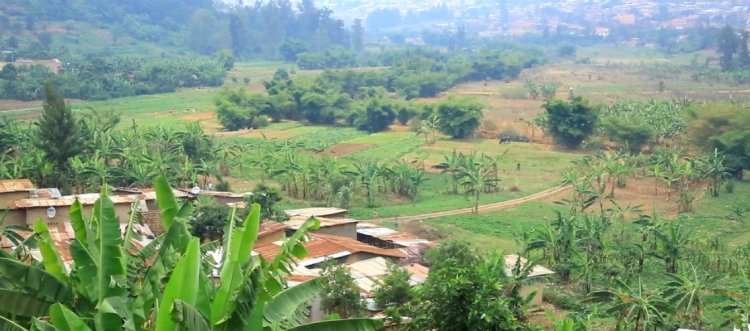Kigali Residents Fear Increased Mosquitoes Could Raise Malaria Risk
Residents living near swamps in Kigali are worried about a rising mosquito population, fearing it may lead to a higher risk of malaria. The city’s landscape, with its hills and valleys, creates many swampy areas where mosquitoes breed. Some residents report that the number of mosquitoes has noticeably increased, making evenings difficult without constant swatting, even before bedtime under mosquito nets.
“There are so many mosquitoes because of the nearby swamp,” one resident shared. “You can’t sit outside in the evening without getting bitten.”
Another resident mentioned, “There was a time when you didn’t even need a mosquito net to sleep, but now the mosquitoes are back in large numbers, and they could cause us to get malaria.”
Residents believe the rise in mosquito numbers may be partly due to recent rains, but even before that, the mosquitoes were plentiful. They are concerned that the increased mosquito presence could lead to more cases of malaria.
Mazimpaka Phocas, an official from Rwanda’s national health institution responsible for malaria control, acknowledged the issue. He mentioned that the program for spraying insecticides in swamps, which was previously stopped, might need to be resumed to address the concerns.
“We haven’t conducted specific research to quantify the increase in mosquito populations,” Phocas said. “However, we had stopped spraying for various reasons. It’s not a crisis; mosquito populations fluctuate. Our goal is to target those that pose significant threats. We plan to resume spraying insecticides in the swamps.”
The Rwandan government continues its efforts to combat malaria through different strategies, including distributing mosquito nets, spraying insecticides in homes, and controlling mosquito breeding in swamps. The suspension of these measures in certain areas may have contributed to an increased malaria risk, a concern especially in regions like sub-Saharan Africa, where the disease remains a major health challenge.

